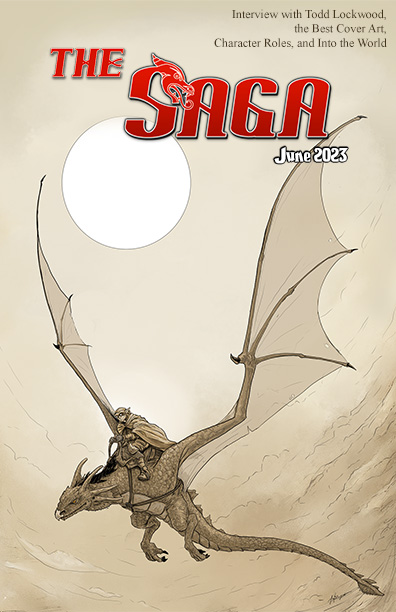Eredar
- Arcane Sciences
- Non-governing
- Absolutely opposed to ravaging
- Different studies and research-driven
- Feel a call to protect the world
- Battle magics studies and expanded
Eredar has always approached magic like an academic science. All things must abide by rules and get controlled by those who know the rules. Their school of magic was once the pinnacle of magical learning until the Aradan War. The tower was overtaken by Uthgard, and the remaining mages fled deeper into Aradan. When the Dark Return occurred, the tower actively began recruiting those with the gift. During this time, they also began a strict view against the use of ravaging magics, forming teams of mages and archeons to wander the lands, Silencing those who have used these forbidden magics.
Eredar has no want to govern or hold power as a nation, though their lands and the surrounding communities are closely tied together. Eredar does not govern these lands, but they heavily influence the politics. As the main source of income and the main creator of public works, the surrounding communities are much like a pet that is fed well and given shelter, they have a very strong loyalty to the tower and its wizards.
Druids
- The Art
- non-governing, but often advise
- Opposed to ravaging
- Opposed to violence
- Look to find balance
- Great interest in the source of magic
The Druids are an independent group of magic users who are focused on protecting the peoples, creatures, and lands of the world. They view magic as an art form that is meant to bring us closer to the world around us. They see mana as a living energy that not only brings power but is intricately entwined with life itself. They do not use their influence or magic to govern others, but they have long acted as advisors to many of those who do rule. They do not use preemptive violence, nor do they support those that do. They also see ravaging magic as evil and destructive, though they do not resort to savage practices like Silencing.
They seek a balance in the world; their greatest goal is a utopian existence where the peoples and animals live with the world around them in harmony.
Ministry of the Arts
- Magic as a power system
- Governing
- Consolidate power
- Develop new magics and uncover past magics
- License, control, and regulate magics
- Magic is meant to be used, as are resources
- Connection to church and religious beliefs
The Ministry of the Arts is a powerful group of magic users based in Uthgard. Unlike the Druids or Eredar, the Ministry not only advises the governing body, but they are also a large part of it. The Ministry is part wizard council, part school of magic, part church, and part military body. Each division has its own leadership and goals, but it is watched over by the High Council and answers to the Unelesia Church and the Uthgard King.
The Ministry controls magic in all regions of Uthgard. If you are a magic user who is not part of the Ministry, you must be licensed, surveyed, and taxed for your usage. Any magic user circumventing these laws is harshly punished, as well as any who use magics not approved for public use by the Ministry.
Ravaging magic is viewed as a necessary evil in warcraft, but public use of ravaging magic is frowned upon. While not every infraction would raise their awareness, larger uses of ravaging are also severely punished.
Wizards of Ish
- Divine gift
- Governing
- Power and money, as well as hubris, they believe they are the divine
- Use of the devout and heretics to power magic
- Keep magic limited to their use
While the Wizards of Ish are from the faraway lands to the South, their reach is long. The Wizards, who call themselves the Najur, are an integral part of the Ishian Empire. Their institution is both religious and political. While the religion worships Tanthu-Ra, a sun god, the Grand Priest of the Najur is seen as a direct conduit to the holy. While it would be heresy to say so within Ish, the Grand Priest actually wields more power than the Emperor. This closeness to god, as well as their religious beliefs, are why they are called Najur, which means servant.
Magic is viewed as a divine gift to the Najur, bestowed on those who have served god well in past lives. Those who have the gift but are not born of the higher sects often volunteer to be servants under the Najur. They do not cast their own spells; instead, they offer their masters their mana, giving the wizards vast reservoirs of magical energy. Laws are strict in Ish, so those who find themselves imprisoned can often be assigned to military service or thralldom under a Najur. There are no magics that are taboo under the powerful hand of the Empire.

